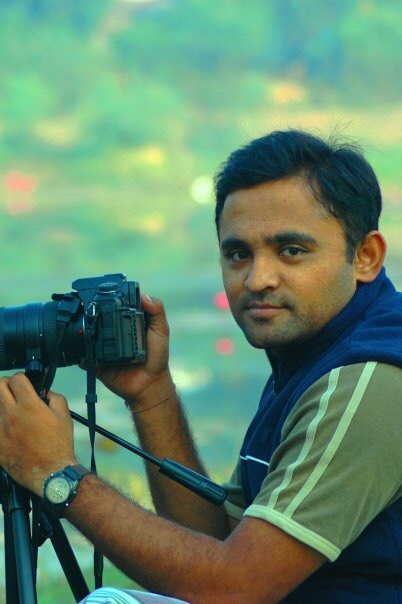Bhavik completed his bachelors from The M. S. University of Baroda and Masters from renowned Bharti Vidhyapeeth Institute for Environment Education and Research, Pune, in 2005. He completed PhD from The M.S. University of Baroda in 2014, on “Eco Environment and Socio-Economic Assessment of Mangrove Ecosystem in Mahi and Dhadhar River Estuaries”. Bhavik attended his first nature camp at the age of 10, soon developing a love for nature and environment, leading him to take environment conservation as his career. He has served as a volunteer in Zoological Society of London (ZSL) in their Eel monitoring project as well as Gujarat Forest Department in their various census across the state. He also did a course on Climate change leadership, from Uppsala University, Sweden, a Diploma in Data Analysis in Ecology: Statistics for Ecologists & Field Biologists from University of Oxford, a course on Ecological Site Assessment and Report Writing, from Acorn Ecology (UK) and a course on EIA: Ecology and Biodiversity, from CEPTU, Ahmedabad. Also, a holder of the licence of Habitat Phase – 1 survey, essential to do EIA in United Kingdom, and Open Water Diver from SSI.
He is presently, with Bombay Natural History Society (BNHS), a premier organisation working in the field of biodiversity conservation as Scientist- B in Marine Programme, where he is working on various projects pertaining to marine life and birds. In BNHS he has worked on All India Co-ordinated Project of Taxonomy – Mollusca, funded by MoEF, where he also reported four species of Opisthobranch fauna first time from India. He worked in Project Mangrove where he also carried out 100+ mangrove awareness programmes and learned that the Awareness among the public holds the key to success of any conservation project. He also carried out a sea turtle monitoring survey as well undertaking several marine Environmental Impact Assessments (EIAs). As a part of his career, he also worked in Nature Education and Environment Development School (NEEDS) and Sustainable Human and Environment Development Organization (SHEDO) both based in Gujarat, on the Environment Awareness and Human-Wildlife conflict respectively. After almost 30 years in the Nature, he understands that a Conservation scientist must ensure that his/her research must be transformed and utilized in conservation, either at grass root level or policy level, otherwise all our efforts are wasted when it comes to protecting nature.

